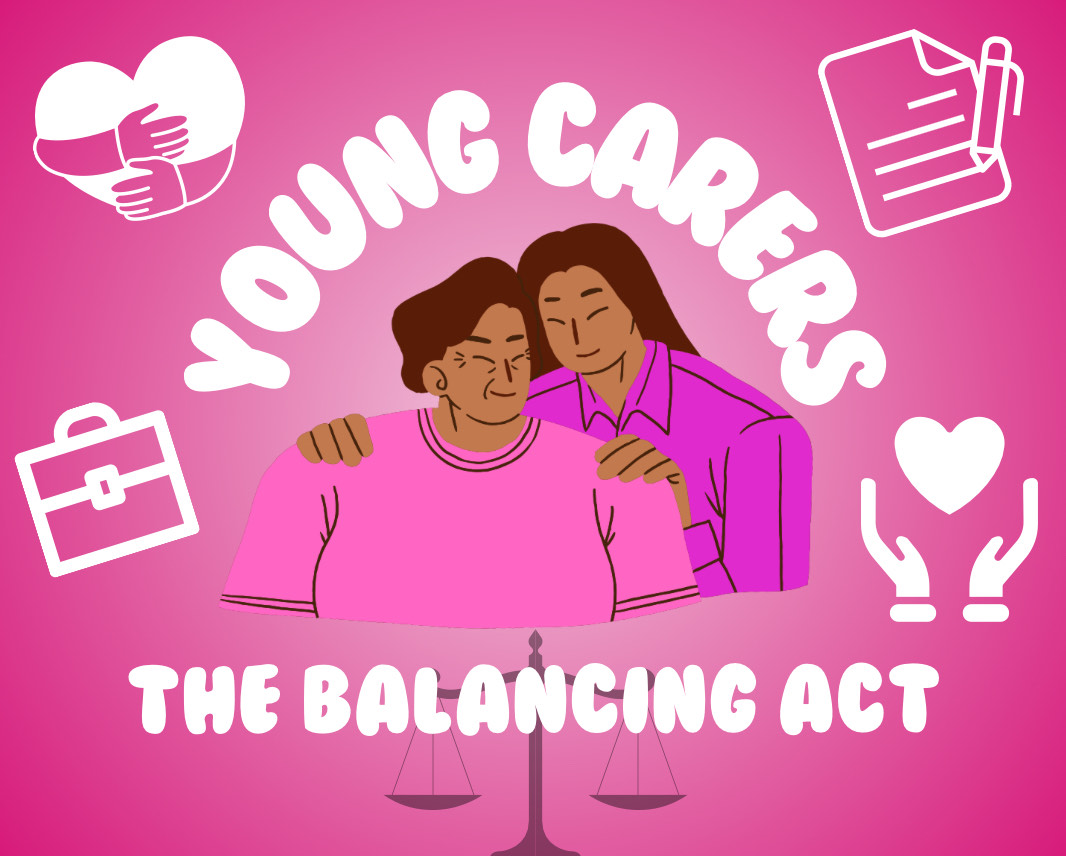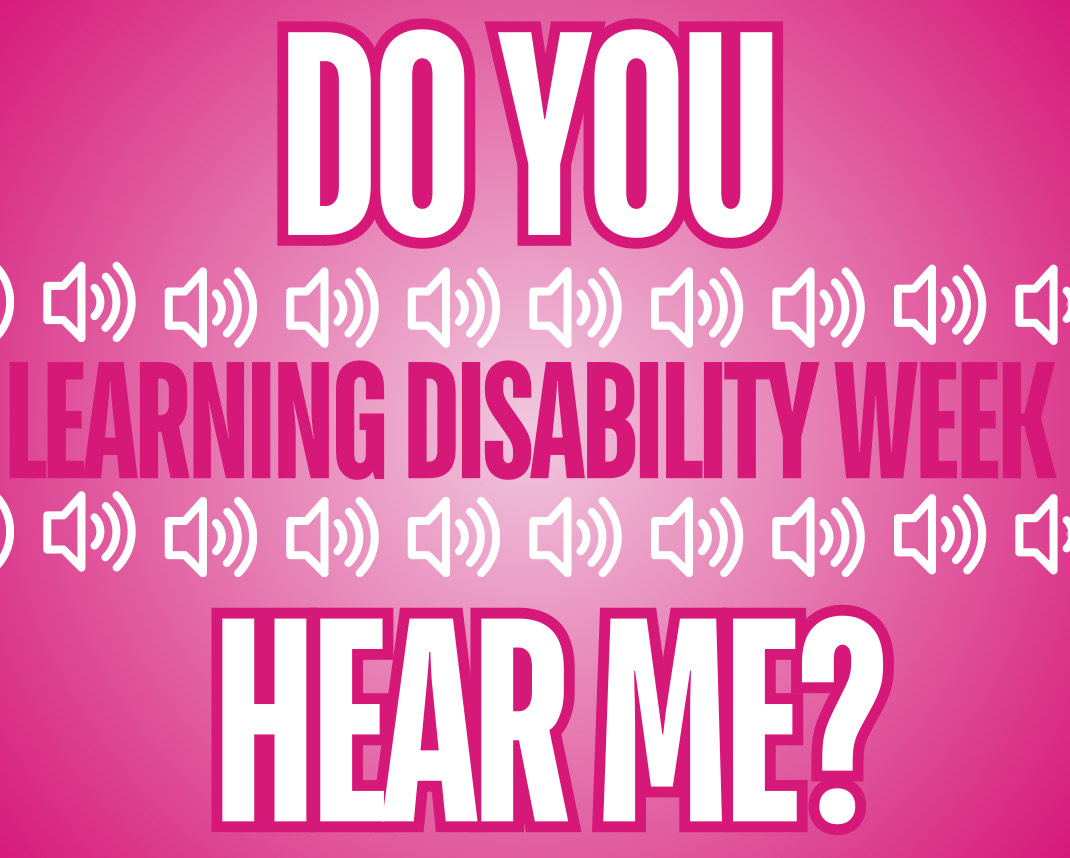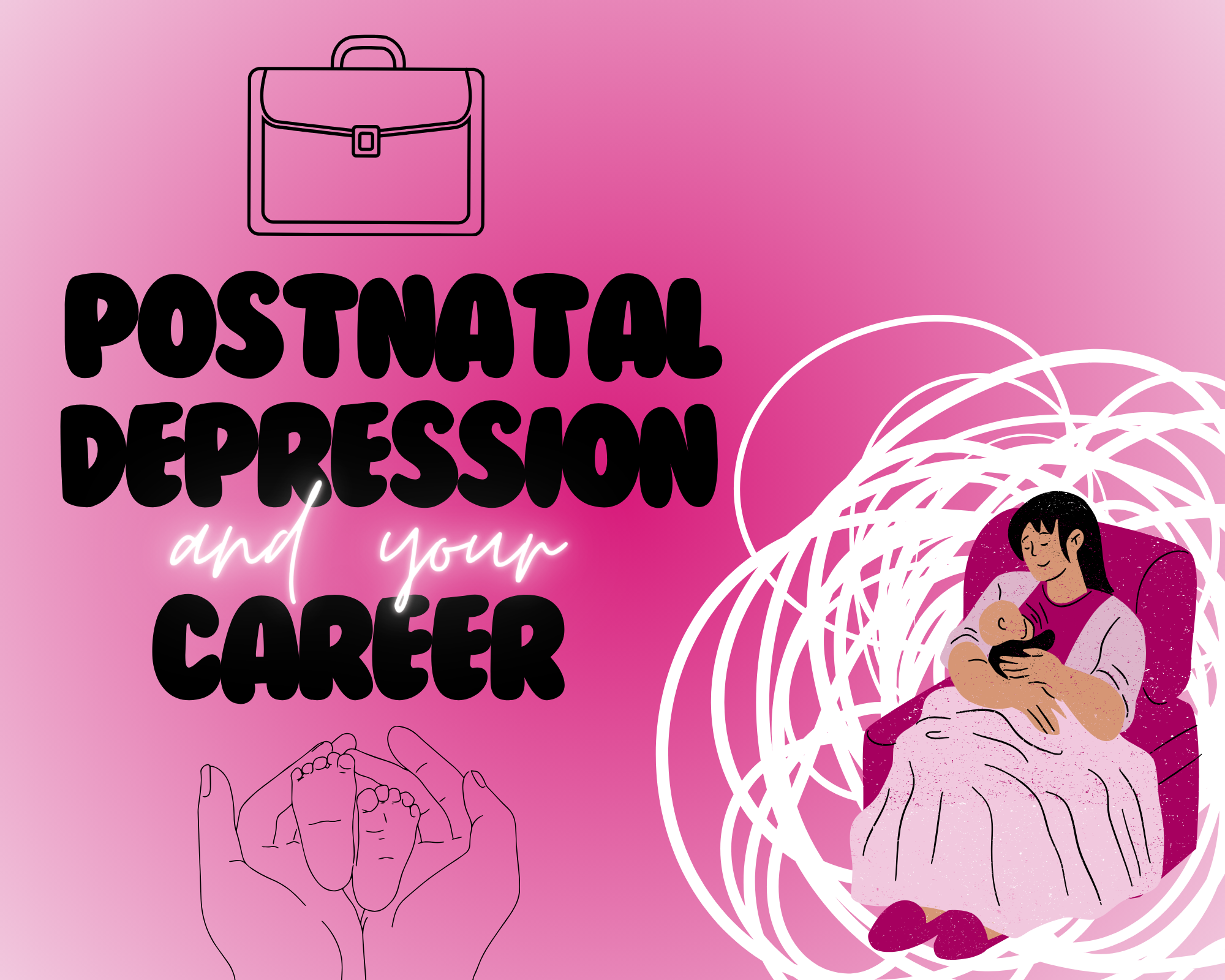With young carers dedication knowing no bounds, who knows what these young people can achieve?
With as many as one in five children and young people in the UK being young carers, the challenges they face often are not brought to light.
A young carer is an individual who is 18 years old or under ‘who helps look after a relative with a disability, illness, mental health condition, or drug or alcohol problem’. Young carers’ experiences vary and the intensity of responsibilities differ to each young carer.
For Chanel Smith, 18, from Hackney, her caring responsibilities involve looking after her mother, Janet, who was diagnosed with cerebral palsy.
According to the NHS, cerebral palsy is the name for a group of lifelong conditions that affect movement and coordination. It’s caused by a problem with the brain that develops before, during or soon after birth.
Cerebral palsy is usually diagnosed at an early age, however for Chanel’s mother she was diagnosed at age 40 after receiving many misdiagnoses throughout her life.
“She was kind of almost gaslighted that nothing was wrong with her, until she was diagnosed at a later stage in life. But I think this is quite common with women, especially black women, that come into any kind of health issue. They tell doctors there’s something wrong and they believe you’re lying or exaggerating or trying to get some type of drug.” explains Chanel.
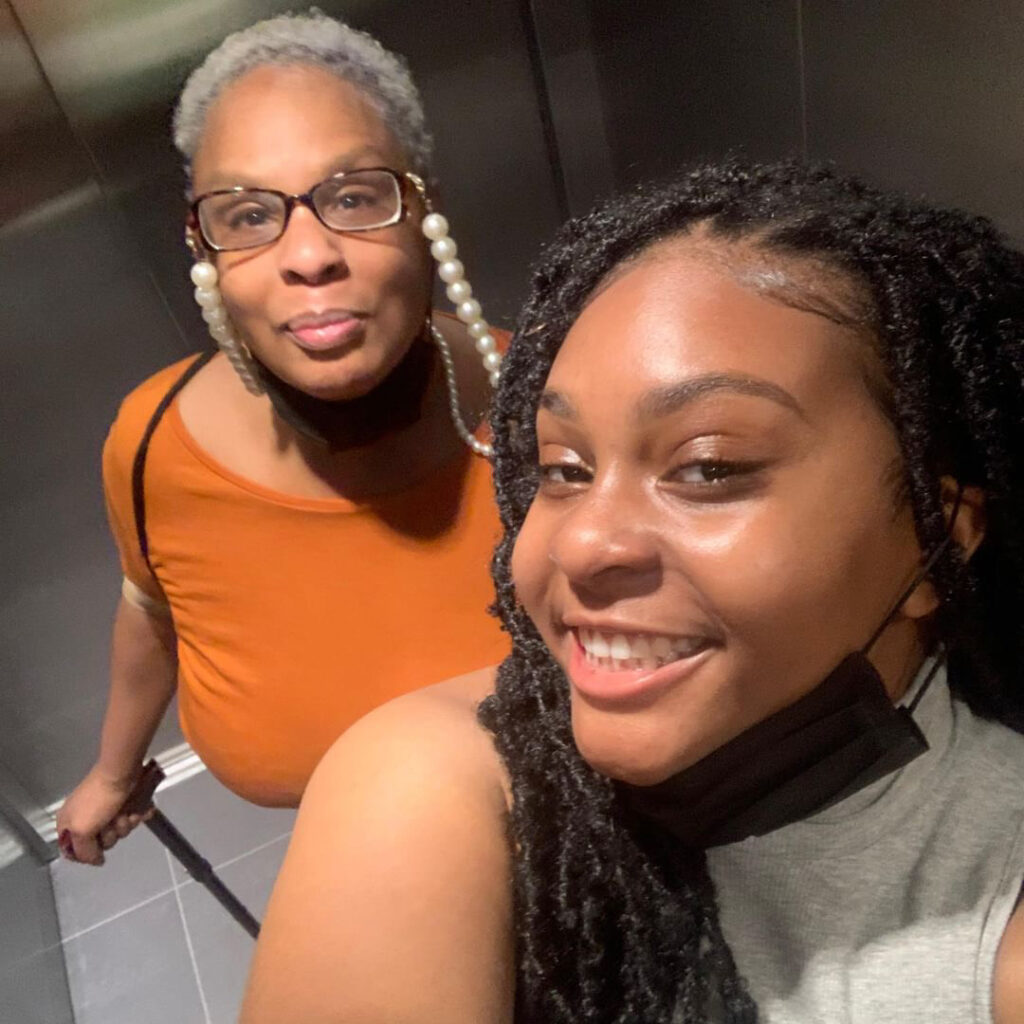
She explains that, “Cerebral palsy has to do with the mind and then it also goes to the body, so it’s like coordination. My Mum describes it as just overall soreness or feeling like your bones are shaking.”
Chanel is a Windrush descendant and this is a driving factor in her reasoning to study Journalism at the University of Arts London. “I’ve always been interested in how stories are told, why they’re told and at the speed they get told and how this is crucial to news. I’ve always seen the way information travels really affects how people interact with each other and people’s next decision, if that’s voting or policies, everyday interruptions or why they chose to live in certain areas.” says Chanel.
Chanel comes from a low income background and currently lives with her Mum as herself and her older sister share caring responsibilities. “While my mom isn’t at a late stage of cerebral palsy where she absolutely needs to be taken care of all the time, her struggles are still 80% mental and a further 70% physical. I don’t feel like she needs my hands on support all the time but it’s been a lot of emotional support.
“It’s a lot of mental stress and it kind of flips the family dynamics a bit because you kind of have to take on that role earlier than you should. And it really changes the way that you think, and it grows you up a bit faster than maybe it should, just because then you automatically then have to take responsibility, and you have to have a bit more on your plate. But I wouldn’t change it for the world, I love my mum.”
For many young carers, these additional responsibilities and care at a young age can alter their life path, however Chanel disagrees with the ongoing stigma that suggests being a young carer stunts personal growth. As in her own experience, it helped her grow as a person and become a more attentive and patient person.
Chanel found that her and her sister’s caring responsibilities did not halted her life and career goals. “My sister is kind of like my Mum’s primary carer and she’s just got married.
“My Mum is so caring and understanding of not wanting to hold anybody back. But then you still have those emotions that you want to be there fully, but then you also have to be there fully for yourself.” she explains.
Having grown up faster than most young people, Chanel understands the importance of being financially independent as it is something her mother taught her from a young age.
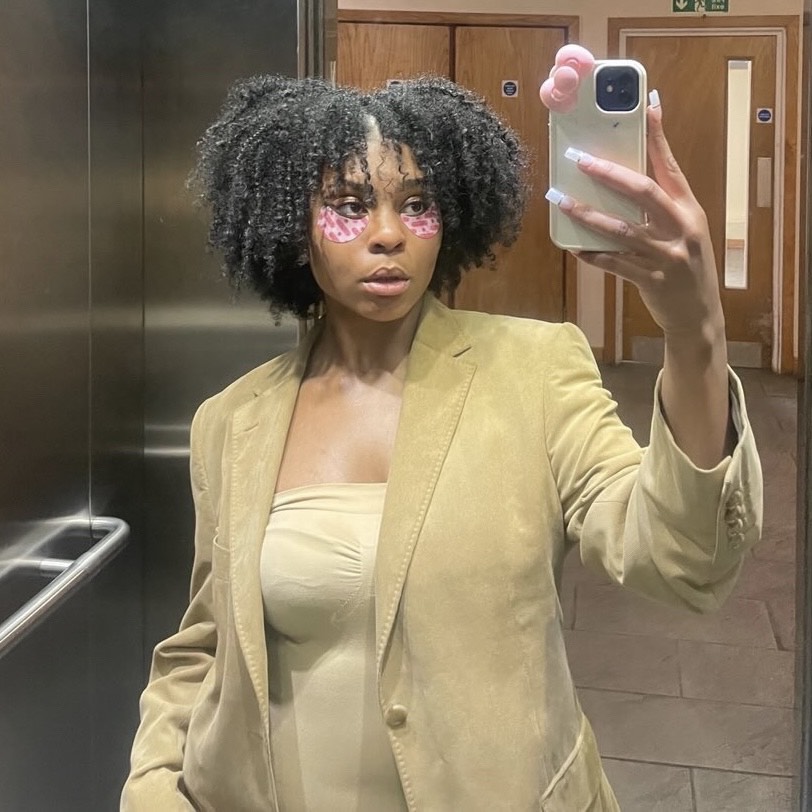
“She’s always taught me how to handle my finances and budget as I think in her own experience, getting benefits and struggling with money you become aware of how you handle it.”
Chanel’s everyday tasks as a carer range from ensuring her mother has eaten, taken her medication and, that if they are out for the day, transport is arranged. She explains that her caring responsibilities are not as extreme as others but still effects the family’s day to day lives.
“I know that I’m not going to be able to take long walks with my mum, but I know that I’m able to go for a bus ride. Or I know that I’m able to sit down and watch a movie. And it’s always trying to find alternatives, which you don’t find in every single kind of mother and daughter relationship.” Chanel explains.
“It definitely isn’t something that’s easy. I don’t think anything is easy when it comes to seeing your mom get older, but seeing it happen at such a quick pace or not being able to do the same things as you were younger with your parent is a struggle. And it takes you back for a second as you’re like, ‘why were we able to do this a few years ago, and now you’re not?’.”
In her school years, Chanel struggled with focusing and taking exams when her mum was unwell or if there were situations where she was in hospital. She says, “I would be like 14 and my mum was in hospital and you’re like what is going to happen. I’m here but not mentally as all I’m thinking is that my mum is not well.
“And it’s a hard situation, because I don’t think anybody really wants sympathy in that situation. You just wanna know that your mom’s okay. So that’s something I really struggled with. Particularly when mum was in hospital, you’re never able to fully focus on schoolwork. Just because your like, ‘why am I here?’ ‘why am I not there?’. Your mind is in a completely different space.”
However, Chanel had a support group that she could lean on and share personal experiences with, set up by her secondary school for young carers from all school years. She explains how it was the first time she felt she had that community of people coming together for support, despite their differences.
“Every young carer differs according to their situation but you just got a chance just to be together and be kids and be connected by that.”
Chanel explains that where she is from, in Hackney, there are quite a lot of young carers or people looking after a parent or grandparent. She praised her school for recognising that and ensuring these young people had a community and were looked after. In addition, the school offered trips to places such as Thorpe Park, to offer young carers the opportunity to do an activity that they may not be able to due to their parents inability to take them or having the time alongside caring responsibilities.
“There’s more people than you think, and it’s a situation that a lot of people don’t like to talk about, which is why I was really surprised when my secondary school had this space for young carers and how filled it was. So many people are united by this one situation, that doesn’t define them but brings them together.”
For Chanel, her caring responsibilities have not interfered with her pursuing her career goals as she continues her education at UAL. She explains how she always saw herself in London and living close to home, unlike a lot of her friends who have travelled further north for university and career opportunities. Although many young carer’s responsilties vary, Chanel emphasises that caring should not halt your career plans.
“If you are a young carer and move away for university you shouldn’t feel a sense of guilt as you are still there for your parents but you need to make sure you’re fulfilling your life. And it’s something my mom’s always said. She’s like, ‘I don’t want your life to stop because of me. Because at the end of the day, you’re gonna be here after me and you still need to make sure that you’re making plans and moves in life’.”
Chanel praised the community her school provided for her and further recognised the important role social media plays in uniting young carers and opening up the conversation for them.
“You can find everything on social media. There’s always people reaching out saying ‘where are all the young carers’ and share your stories down below the comments, especially on tik tok. I just think social media is a beautiful network that can bring people together and people can share these amazing stories and it’s people you wouldn’t even know were young carers.”
“There’s more people than you think. And don’t feel guilty of wanting to make moves and wanting to advance your career. Just because you cannot be present 100% of the time, doesn’t mean that your support is not felt by whoever you care for.”
There are many organisations that can offer information, advice and support for young carers, ranging from mental support to financial advice. According to the NHS, some organisations that offer this support are Carer’s Trust, Sidekick by Action for Children, Citizens Advice and The National Careers Service, which also offers a helpline.
For more articles on women defying barriers in their career, read here- https://werkmagazine.co.uk/2024/05/21/youre-just-overdramatic-navigating-the-working-world-with-a-hidden-disability/

